If you click on a link and make a purchase we may receive a small commission. Read our editorial policy.
Dystopian future movie music keeps sounding like the past, and that's getting old
We've heard it all before, and that's a problem when filmmakers are trying to convince us we're watching the world to come

Popverse's top stories
- DC Comics revamps Teen Titans with Red Hood leading a new generation of heroes
- House of the Dragon season 3 trailer reveals June 2026 release date: "This is the moment you become queen"
- Guy Gardner headlines new DC Comics Green Lantern special from Deadpool creative team
For all that different styles of future dystopian post-apocalypses appear throughout movie history, one thing is curiously constant: the most impacted part of humanity, it seems, is the creative class. Think about it: how many post-apocalyptic landscapes are filled with artists creating new things to inspire those around them? How many of them seem to be built on any kind of culture beyond the ruins of what came before?
Tomorrow Comes Today
That’s especially true when it comes to the musical choices in so many of these movies and TV shows. Think about the music in Fallout, for example, which is primarily radio hits from the 1940s and ‘50s (as established in the original video game series), or Mad Max: Fury Road’s looking back even further, to tribal drums with occasional bursts of heavy metal guitar courtesy of a dude strapped to a war rig, obviously. Beyond that, occasionally we’ll get sweeping orchestral strings playing melancholy melodies, or choirs singing wordless arias — think of the amazing score to Children of Men, which doesn’t feature diegetic — both of which imply a return to simpler times, perhaps, but also bring a religious quality to proceedings almost by implication.
It doesn't necessarily fit into a dystopian future model for obvious reasons - to say more would be a spoiler - but the early 2000s Battlestar Galactica series feels like something that straddles each of these bases, ultimately, becoming an unlikely avatar of what has since become all sorts of cliche. Don't get me started on the 'All Along the Watchtower' reveal...!
Tomorrow Never Knows
In each of these situations, though, the musical landscape of our dystopian future is, purposefully, not futuristic, or even contemporary; it’s very intentionally nostalgic and old-fashioned, as if to simultaneously reinforce that humanity as a whole has been pushed back as a result of whatever disaster has befallen us, and also to underscore how alien and unlike “our” world the fictional reality is: Can you imagine such a horror? we’re asked. Can you see how different everything will be after the nightmare that awaits us? In some cases, there’s also a very intentional dissonance intended between the cheerful chosen music from the past and the terrible future we’re watching, either for comedic effect or something more sinister. (Again, the “look how far we’ve fallen” effect.)
As an aesthetic decision, the choice to look to the past to come up with the music of a distraught future is understandable, if perhaps a little lazy. By this point in time, it’s something that audiences have been taught to understand as shorthand for “things have gotten really, really bad, you guys,” while also creating a false empathy for what’s happening onscreen because, hey, you kind of know what this sounds like.
There’s also the added bonus that doing something intentionally old-fashioned protects your movie from sounding too dated in the near future, when musical trends have intentionally moved on; Jerry Goldsmith’s amazing synth-filled score to 1976’s Logan’s Run — one of the few post-apocalypse movies to try something different — does, admittedly, sound very much of its time, and not in a complimentary manner.
Tomorrow Never Dies
Ultimately, though, this tendency to always look backwards when it comes to scoring dystopian stories feels as if it’s missing the point and doing so in the most boring way possible. If the history of human civilization shows us anything, it’s that people tend to create no matter what — and that art in all its forms survives even the worst situations. As society attempts to recreate in the wake of unspeakable circumstances, new art, new music would emerge, and that is what we should be hearing in all of these movies and shows instead of countless attempts to reproduce the same sounds, songs, and musical realities that we've lived through and heard so many times before.
This dystopian future music would be informed and shaped by the past, of course, but it should nonetheless be something different and alien and, well, new to our ears, to underscore how unfamiliar the circumstances are that we’re watching. Anything, and everything, else is just failing to communicate what the world that’s coming actually sounds like. Leave the past to the past, and let the future — however screwed up it inevitably will be — actually sound like the future. Otherwise... what's the point?
Get ready for the end of the world with our guide to best dystopian TV shows of all time, a guide to how to watch/play the entire Fallout saga, and how to watch the Mad Max & Furiosa saga.
Follow Popverse for upcoming event coverage and news
Find out how we conduct our review by reading our review policy
Let Popverse be your tour guide through the wilderness of pop culture
Sign in and let us help you find your new favorite thing.



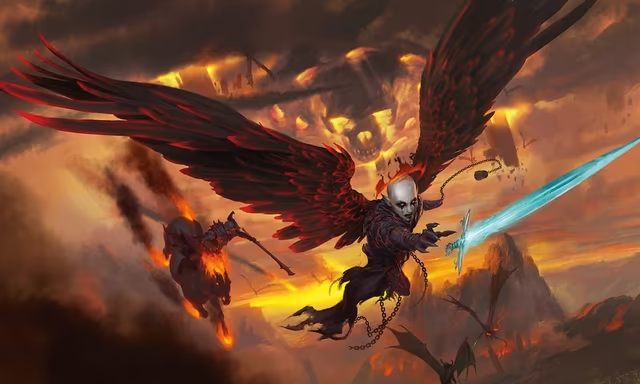
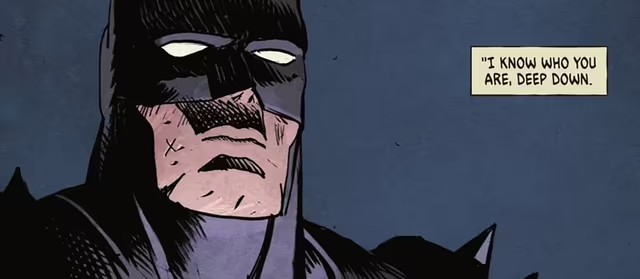
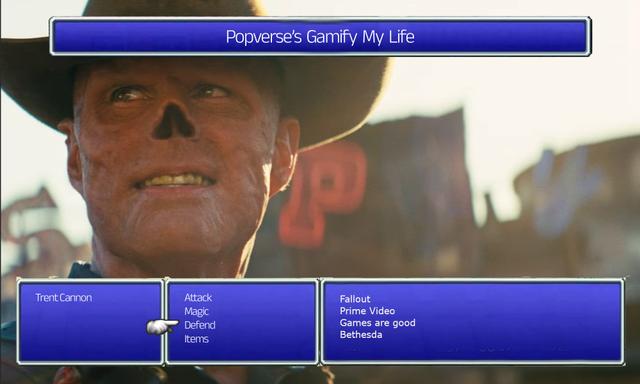
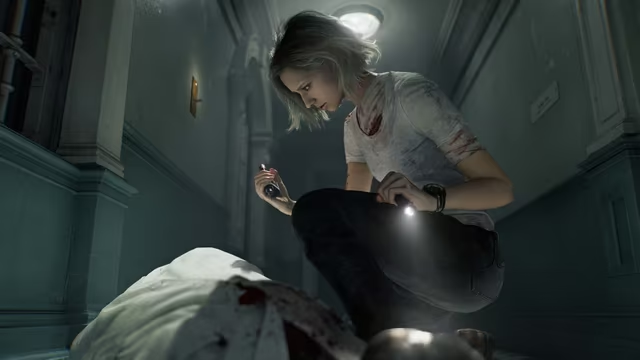
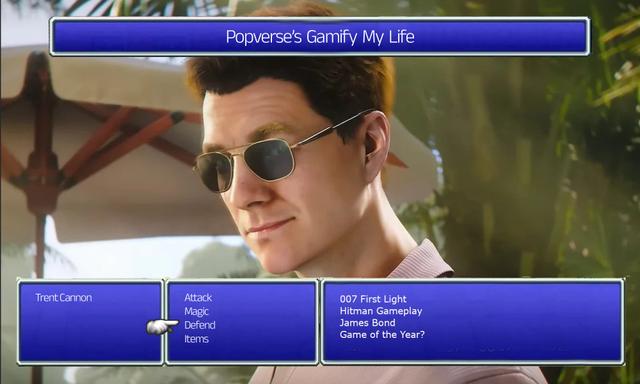








Comments
Want to join the discussion? Please activate your account first.
Visit Reedpop ID if you need to resend the confirmation email.